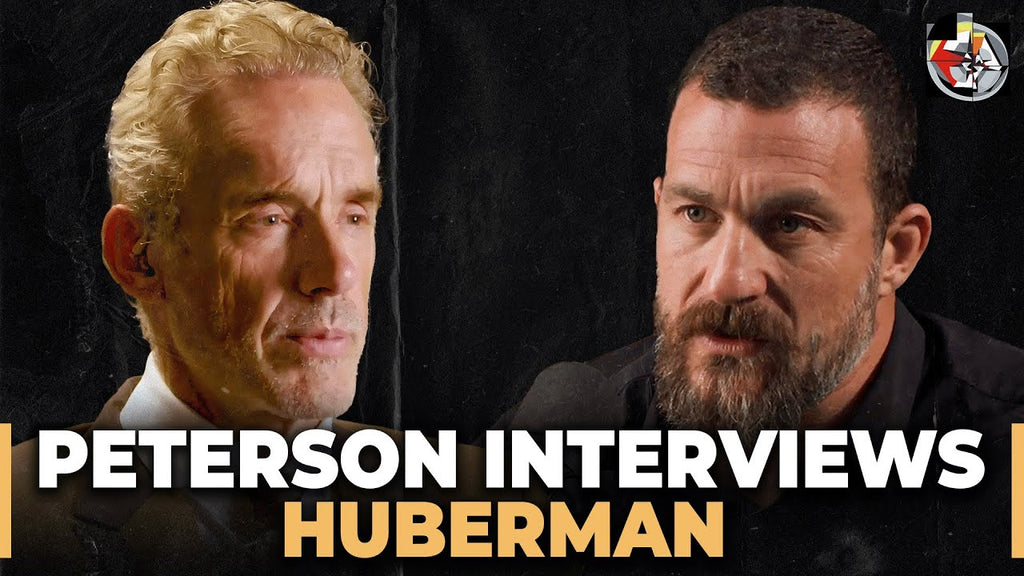Digital Minds RSS
Review and Critique of Gary Marcus' "Ray Kurzweil’s Dubious New Theory of Mind"
Gary Marcus' article, "Ray Kurzweil’s Dubious New Theory of Mind," is a critique of futurist Ray Kurzweil's book, "How to Create a Mind." In the article, Marcus highlights some key issues with Kurzweil's theories on artificial intelligence (AI) and the human mind. Although Marcus raises some valid points, the article could benefit from a more balanced presentation and a deeper exploration of Kurzweil's ideas. Critique: Misrepresentation of Kurzweil's theory Marcus accuses Kurzweil of oversimplifying the human mind by focusing on the neocortex's hierarchical structure. While it's true that Kurzweil places significant emphasis on the neocortex, he also addresses...
Should AI Research Try to Model the Human Brain?
Reinforcement Learning, Fast and Slow Recent AI research has given rise to powerful techniques for deep reinforcement learning. In their combination of representation learning with reward-driven behavior, deep reinforcement learning would appear to have inherent interest for psychology and neuroscience. One reservation has been that deep reinforcement learning procedures demand large amounts of training data, suggesting that these algorithms may differ fundamentally from those underlying human learning. While this concern applies to the initial wave of deep RL techniques, subsequent AI work has established methods that allow deep RL systems...
Neuroscience Meets Psychology | Dr. Andrew Huberman | EP 296
Dr Jordan B Peterson and Andrew Huberman discuss neurology, the way humans and animals react to specific stimuli, and how this knowledge can be utilized for personal growth. Boosting Neuroplasticity and Confidence with Small Tasks Completing small tasks can activate the dopaminergic system, increase confidence, and lead to big changes in behavior, while having a clear and meaningful goal is essential for improving neuroplasticity and eliciting positive emotions. Key Insights Neurological mechanisms of motivation and learning 🧠 The insula and prefrontal cortex are involved in establishing which rules are appropriate for a given situation, allowing us to apply different rules...
Tags
- All
- Agentic AI
- AGI
- AI
- AI Art
- AI Ethics
- AI Girlfriends
- AI Models
- AI Risk
- ai tools
- Alan D. Thompson
- Alexandr Wang
- Andrew Huberman
- Andrew Ng
- Artificial Cognition
- Aurora Supercomputer
- Authenticity
- Autism Spectrum
- AutoGPT
- Aza Raskin
- Azure Open AI
- Azure OpenAI Service
- Bias Compensation
- Bias Therapy
- Brian Roemmele
- Chain-of-Thought Prompting
- ChatGPT
- Christopher Rufo
- climate change
- Cognition Enhancement
- Cognitive Bias
- Cognitive Content
- Cognitive Performance
- Collective Intelligence
- Collective Stupidity
- Communication
- Consciousness
- Cosmology
- Critical Race Theory
- Daniel Dennett
- Daniel Schmachtenberger
- David Shapiro
- Deep Thought
- Dennis Prager
- Digital Minds
- Digital Thoughts
- Diversity
- Dojo
- Douglas Murray
- Elon Musk
- Emad Mostaque
- Equity
- Eric Weinstein
- Ethical Community Development
- Ethics
- Everyman
- Exponential Enterprise
- Fei-Fei Li
- Foresight
- Fred Lerdahl
- Frontiers Forum
- Futurecrafting
- Futurework
- Gary Marcus
- Gemini
- Gender
- Gender Pronouns
- Generative AI
- Generative Theory of Tonal Music (GTTM)
- Geoffrey Hinton
- Geoffrey Miller
- Glenn Loury
- Governance
- GPGICs
- GPT-4
- GPT-5
- Higher Education
- Human Potential
- Humanities
- Identity
- Ilya Sutskever
- Implicit Association Tests
- Intel
- Intelligence
- James Lindsay
- Joe Rogan
- Jordan B Peterson
- Jungian Archetypes
- Konstantin Kisin
- Language
- Lex Fridman
- Libra
- Life Coaching
- Liv Boeree
- Male Loneliness
- Marcus Aurelius
- Marcus T. Anthony
- Matt Walsh
- Matthew Berman
- Max Tegmark
- MemoryGPT
- Mental Health
- metabotropic receptors (MRs)
- Metacrisis
- Michio Kaku
- Microsoft AI
- Microsoft Copilot
- Microsoft Jarvis
- Microsoft Open AI
- Microsoft Semantic Kernel
- Millennials
- Mind Reading
- Minecraft
- Mirella Lapata
- MIT
- MLLM
- Moha Bensofia
- Morality
- Multimodal Large Language Model
- Multiversal Stories
- Music
- Narcissism
- Neurodivergence
- Neuroplasticity
- Neuroscience
- Nvidia
- OpenAI
- optical computers
- Personal Development
- Peter Bannon
- Peter H. Diamandis
- Philosophy
- pinecone
- Psychology
- Ramani Durvasula
- Ray Jackendoff
- Ray Kurzweil
- Reflection
- Reid Hoffman
- Relationships
- Religion
- Richard Haier
- Robotic Process Automation (RPA)
- robotics
- Sabine Hossenfelder
- Sam Altman
- Sam Harris
- Sebastien Bubeck
- semantic search
- Seneca
- Simulation
- Singularity Ready
- Stephen Fry
- String theory
- Stupidity
- Super Alignment
- Superintelligence
- Susan Blackmore
- Synthetic Intelligence
- Synthetic Mind
- Technology
- Terence McKenna
- Tesla
- Tesla AI
- The Hero Archetype
- Theism
- Theory of Mind
- Thomas Sowell
- Thought
- Thought Experiments
- Transactivism
- transcendence
- Translation
- Tree of Thoughts
- Tristan Harris
- Turing Lectures
- Unconscious Bias Training
- Victor Davis Hanson
- Wes Roth
- Will Caster
- Woke Ideologies
- Worker Productivity
- Worker Satisfaction
- Yann LeCun
- Yuval Noah Harari


